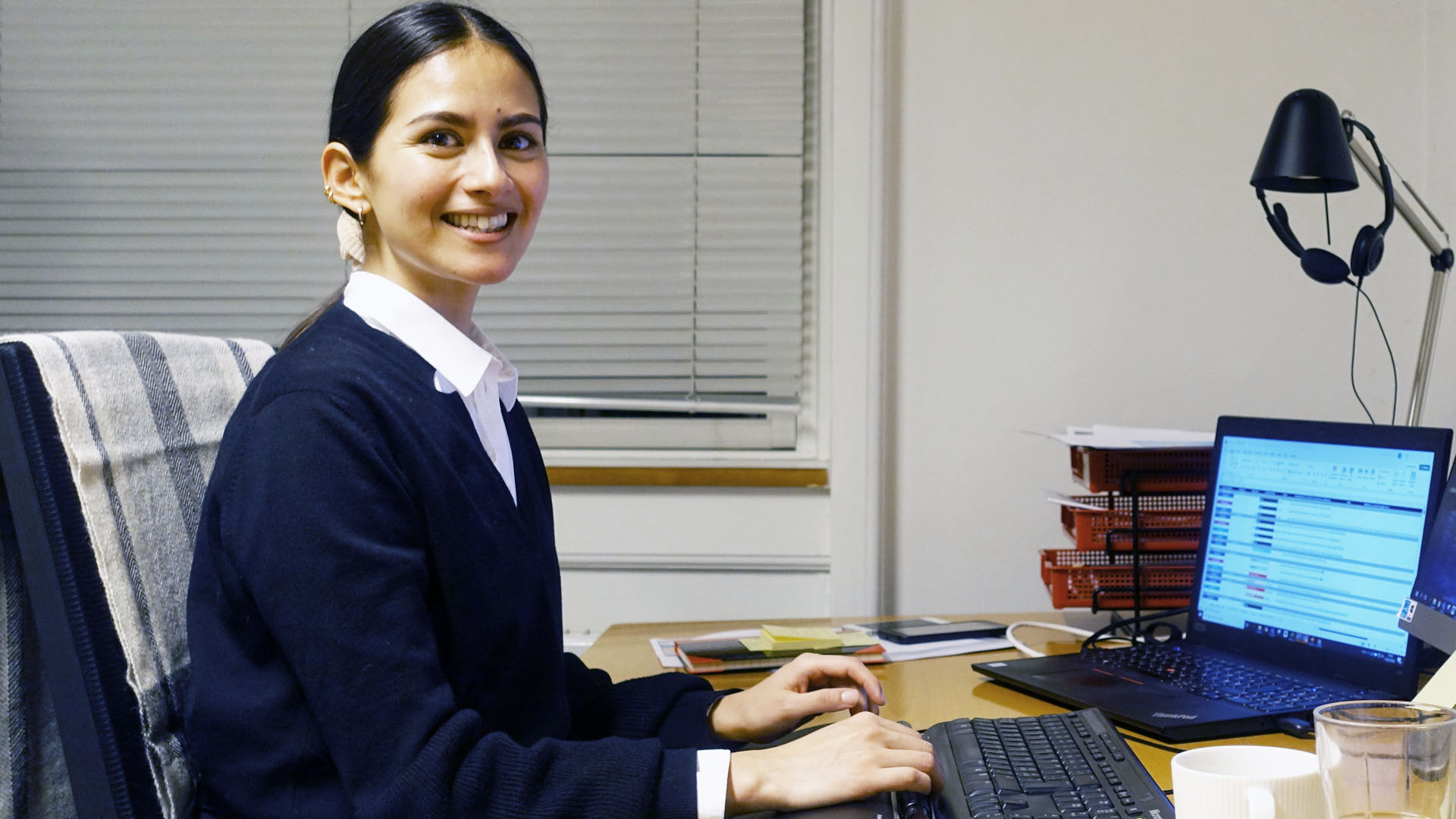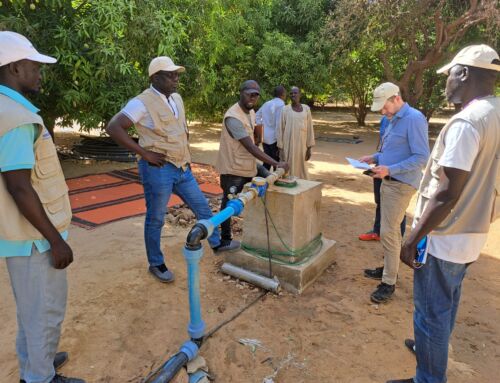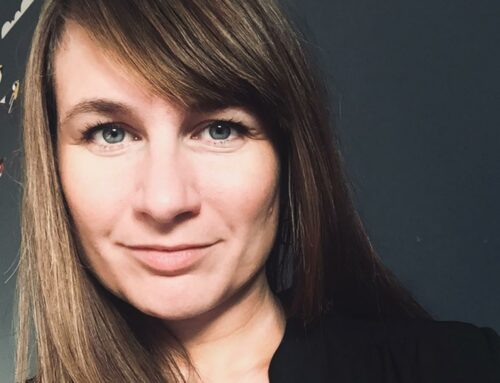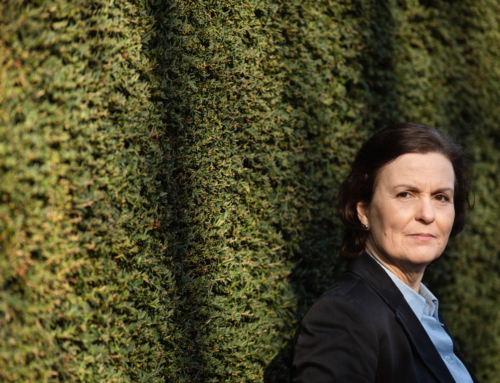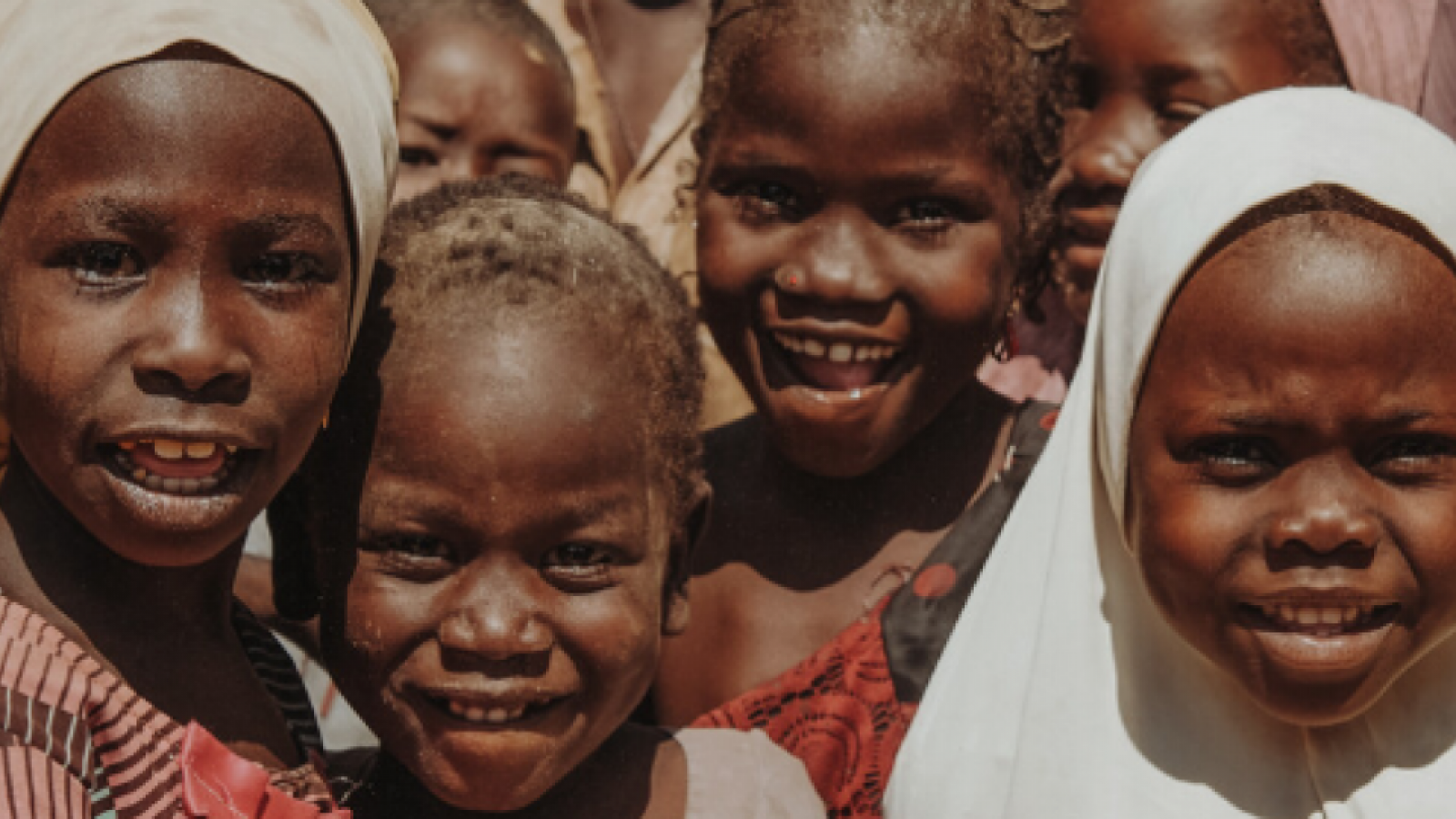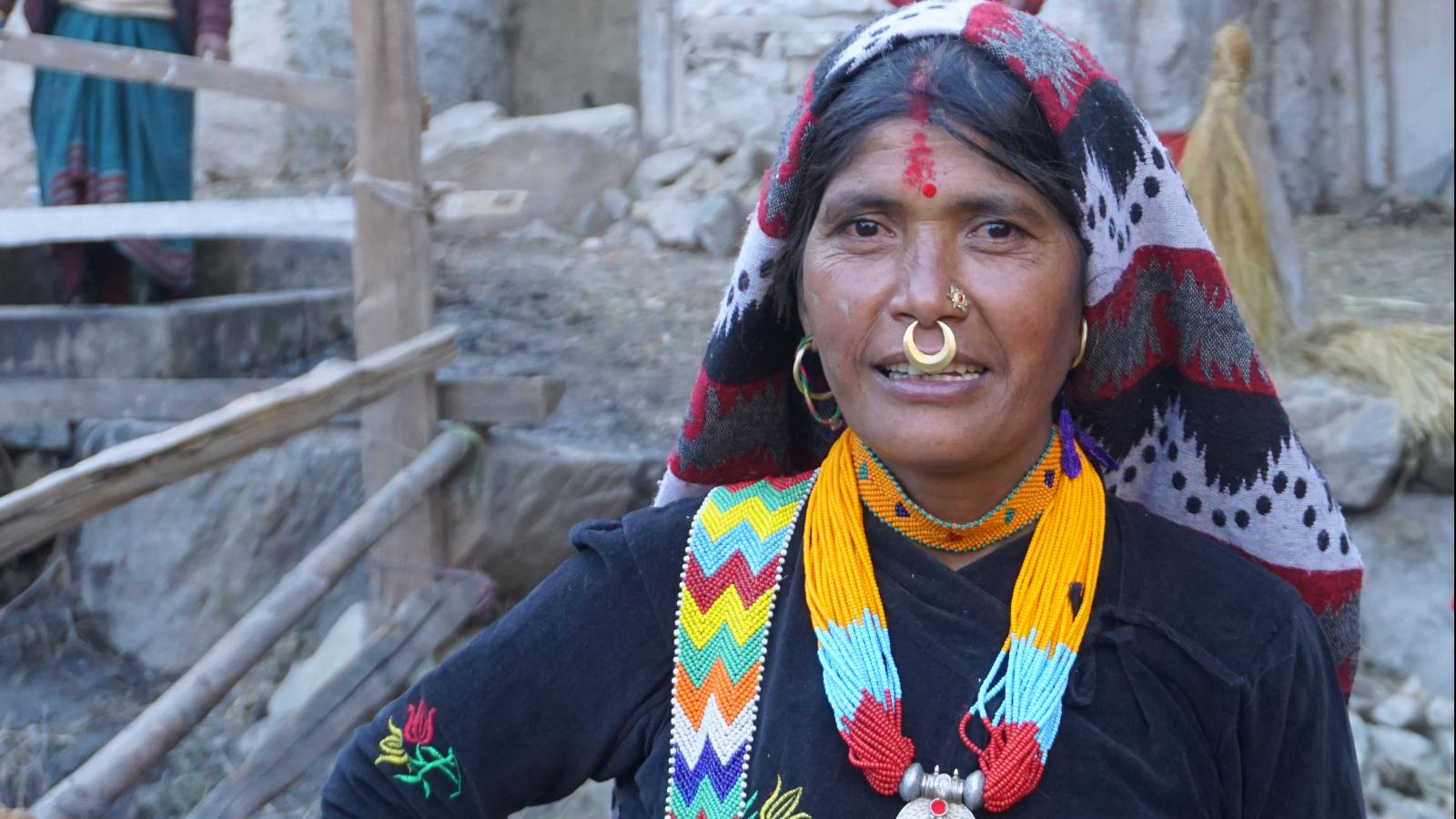Karen Sophie Krag has both a Danish and Peruvian background. She has experienced the harsh living conditions of the poor in remote mountain areas. A reality she also conveys as the new editor and digital communicator in Mission East.
Communication is about building a bridge, creating contact, achieving common understanding and perhaps also awakening empathy and commitment. Therefore, it is an advantage to have a background in different cultures. And if, like Karen Sophie Krag, you have a background in such different and remote from each other countries as Denmark and Peru, then communication is right up your alley.
Therefore, she has already at a young age worked with PR and marketing in Orgreen Optics A / S, Integral A / S, Kaffe Bueno ApS and CAP Partner – all in Copenhagen. And that is why she has applied to Mission East, where she is now editor and responsible for digital and social media in the organization.
But there’s one more reason she has joined Mission East:
– I could see that Mission East works with long-term development aid and in remote areas of the world. It appealed to me because my mother herself comes from one of the poorest areas of Peru – a small village in a very hard to reach area of the Andes.
Mother with Inca background
Although Mission East does not work in Latin America, Karen Sophie Krag can recognize the conditions of the poor in the 11 countries to the east and south in which the organization works. Ahead of a master’s degree in business administration and communication from Copenhagen Business School, she studied in Mexico, Brazil and Argentina.
It touches a soft spot inside her when she has to pass on personal stories about people in deep need who receive help for self-help, she says:
– As a child, I grew up with stories from the village of Peru, how my mother first got a pair of shoes when she was six years old. It was hard for her family to get food on the table; therefore, the whole family had to contribute to their livelihood. The children received only limited schooling because the family was dependent on them helping out at home.
In the village, they do not speak Spanish, but Quechua, which is an ancient Inca language. The language is spoken today by between 8 and 11 million of the indigenous peoples of Peru, Ecuador and Bolivia.
Started knitting company
Karen Sophie Krag has visited her mother’s village in the Andes several times, and started the company MANO World, where she helped the population to sell knitwear in Denmark.
– Most families work in agriculture, but also in spinning, weaving and knitting in Alpaca wool. I taught them Scandinavian design so they could sell their products here in Denmark. It was very satisfying to be able to make a difference and send the money back to the village, she says and adds:
– I need to work on something meaningful in my career. I want to make a difference for the most vulnerable.
Has learned cooperation from childhood
She is particularly pleased with Mission East’s livelihood projects, where poor people are learning to grow sustainably with varied crops that can also withstand climate change.
– My father is a farmer from Lolland. Here I grew up on a farm where, just like in my mother’s family, we learned to work together and help harvest. My father has visited my mother’s village and shared his knowledge of agriculture with the locals and taught them to use the land and grow other crops than they usually do. My uncle has also been there and taught the people beekeeping and to build hives – just like we do in Mission East.
– So it is very tangible for me to describe the various projects that Mission East is working on around the world.
Personal stories evoke emotions
What is it that communication can do?
– Personal stories can expand our horizons. This is a flagship issue for Mission East. Through personal case stories, one suddenly notices how other people are feeling. It evokes emotions and says much more than statistics and reports.
– In Mission East, we focus on the individual. Yes, we assist more than 200,000 people every year, but each of the many thousands are individual people, each with their own special challenges and opportunities. When you hear about their needs and discover their viability, you feel urged to help.
Empathy, understanding and respect
How can you contribute as a multicultural person?
– I think I have developed empathy, understanding and respect for people’s different beliefs. In the Andes, the indigenous peoples have great respect for Mother Earth and thank the animals for which they also celebrate. The indigenous peoples live in the present and have great respect for both people and the environment. We can learn from that in the West.
– I think it gives a broader horizon to have a background in such different countries as Denmark and Peru. You develop a respect for other people’s way of life. We can learn from them, just as they can learn from us, Karen Sophie Krag concludes.
She lives in Copenhagen with her boyfriend and describes herself as a family person. In her spare time, she enjoys being out in nature, practicing yoga and running.

